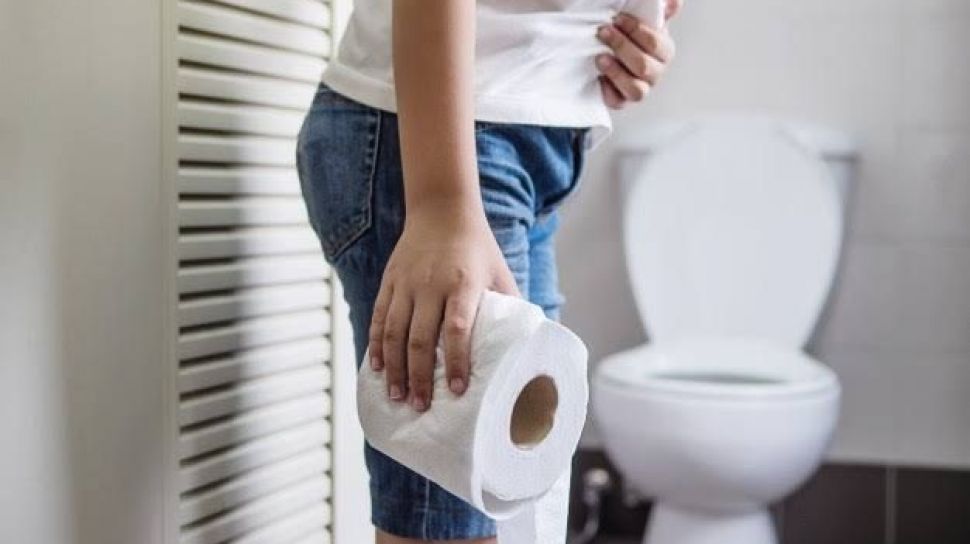Suara.com – Cholesterol High blood pressure occurs when there is too much of a fatty substance called cholesterol in the blood. Cholesterol buildup can clog your arteries, increasing your risk of having a heart attack.
High cholesterol it can also affect the digestive system and directly affect a person’s bile which changes the color of your stool.
Because, cholesterol is responsible for the production of bile in a person’s digestive system. Bile is what helps the body break down food and absorb nutrients in the intestines.
If there is too much cholesterol in the bile, this condition can form crystals that will harden into stones in the gallbladder. This condition is known as gallstones which is very painful.
Also Read:
Signs of Vitamin D Deficiency, 2 Symptoms Similar to the Corona Covid-19 Virus
If these gallstones enter the intestine, this condition can cause severe pain and change color feces turn yellow. Changes stool color others, including pale or clay-colored stools.
Dr David Chengelis, said most gallstones are made of hardened cholesterol, but they also contain other substances. If the stone contains more than 50 percent cholesterol, it can be classified as a cholesterol gallstone.
Experts aren’t sure what causes cholesterol stones to form, but some believe that excess cholesterol may cause gallstones to develop.
“Your liver secretes cholesterol which is normally dissolved by bile. If you have high cholesterol, the bile may not be able to break it all down and eventually form stones,” says Dr David. Express.
Cholesterol stones form when bile is saturated with cholesterol, which may result from decreased bile acid production, increased cholesterol in bile or both.
Also Read:
Recovering from the Covid-19 Corona Virus, Patients Can Be at Risk for Heart Disease!
Studies have noted that stone formation by cholesterol monohydrate crystals is enhanced by mucin hypersecretion and gallbladder hypomotility.
Cholesterol stone formation is managed by content that increases hepatic excretion, such as pregnancy oral contraceptives, anticholesterol drugs, rapid weight loss, and obesity, or by conditions that cause gallbladder stasis.
– .


